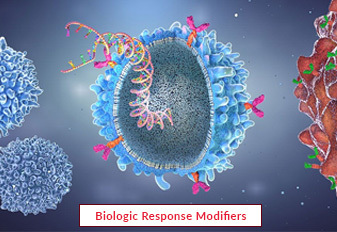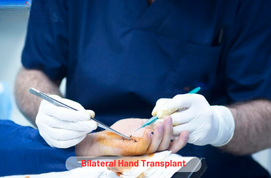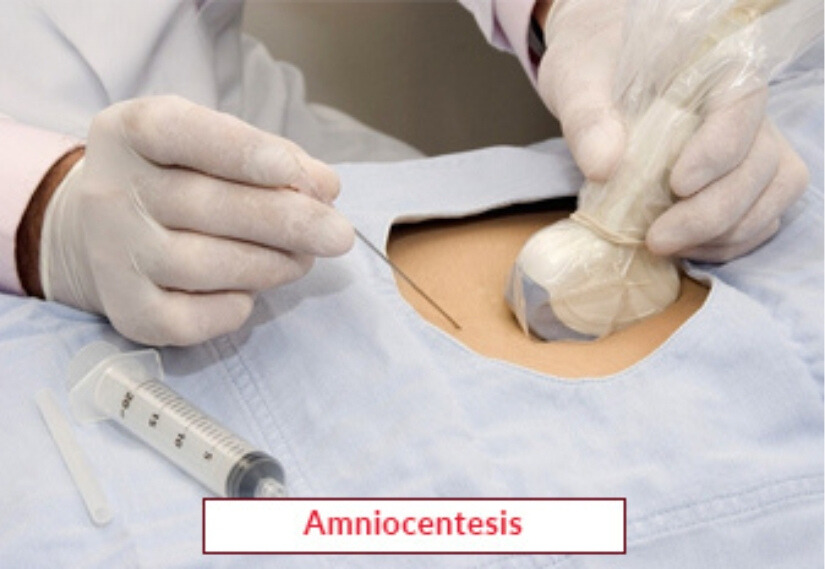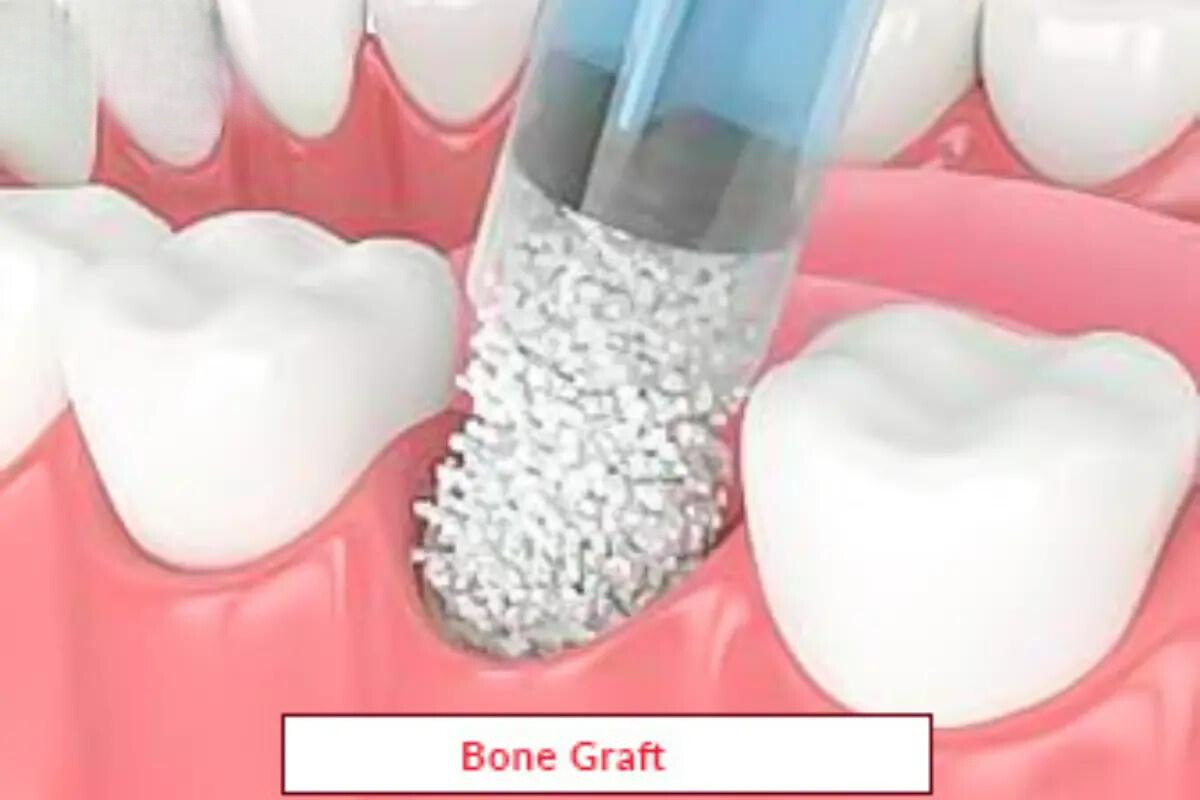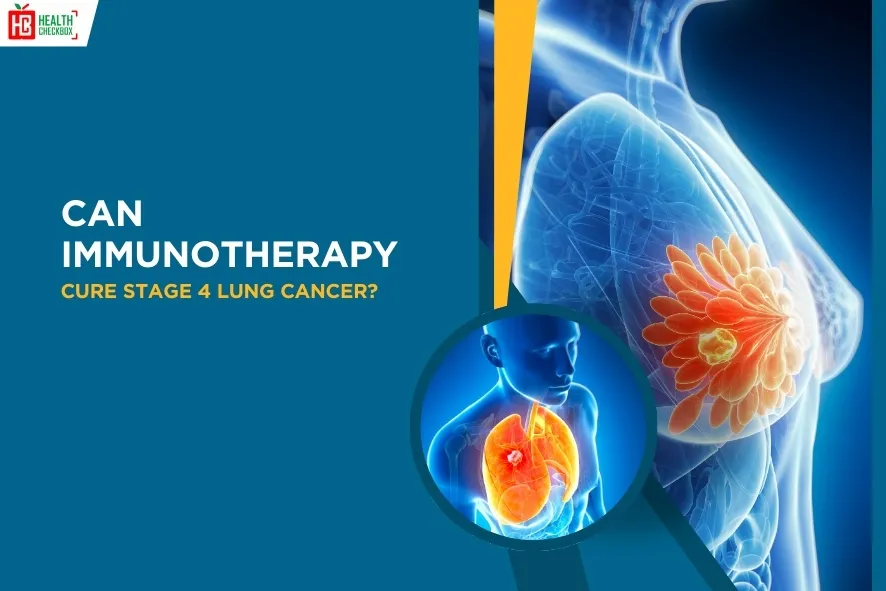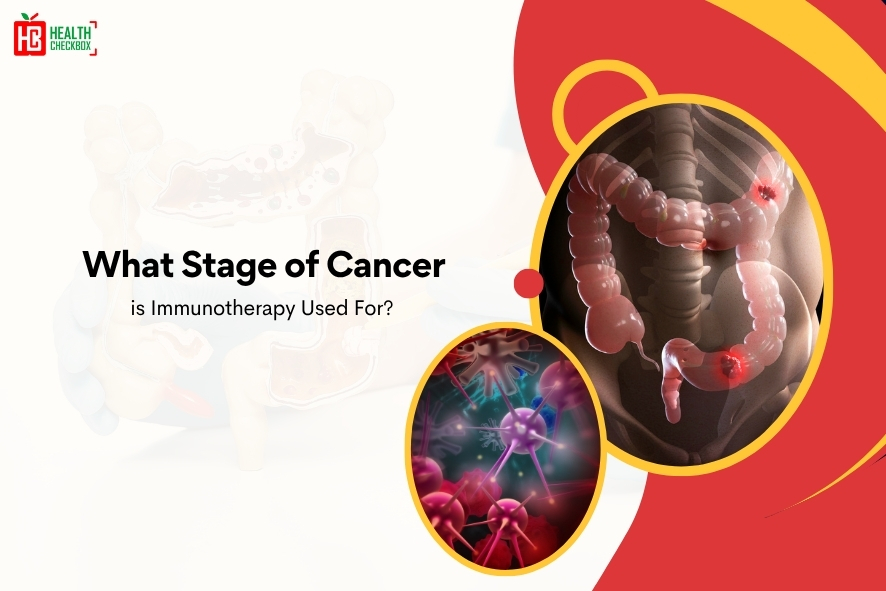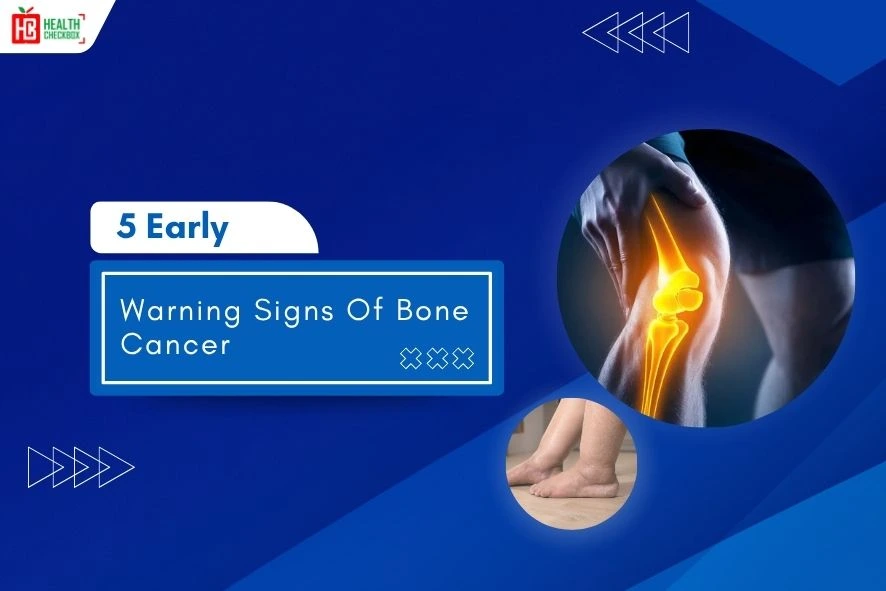Many individuals suffer from autoimmune disease and are mainly suggested for biologic response modifiers (BRMs) treatment. This problem occurs due to a damage in the healthy cells and body tissues. It is a dangerous health condition that can cause digestive issues, weight loss, etc. A biological response modifier is a therapy that modifies or enhances the body’s immune system in individuals. This treatment is mainly used in medicine and can be an effective method for them. Its other name is immunomodulators.
Types of Biologic Response Modifiers Therapy
This cancer treatment is of different kinds. These include the following:
- Immunotherapy: Some cancer cells are targeted from certain substances such as cytokines, antibodies, checkpoint inhibitors, etc, to stimulate the immune system in individuals. It is mainly recommended for bladder cancer and other cancer treatments.
- Vaccine: It produces antibodies, which provides protection from cancer and helps the immune system to fight with pathogens. This therapy is also useful for coronavirus security.
- Monoclonal Antibodies: They are proteins, which target specific antigens and destroy malignant cells to activate the body’s immune system. These antibodies are suggested for coronary artery disease, infectious disease, etc.
- Cytokines: They fight with cancer and other infected cells to stimulate the immune responses in patients. Its common examples are interferons, interleukins, etc.
Benefits of Biologic Response Modifiers
The advantages of this cancer treatment are as follows:
- It treats infection and slows down the disease progression in patients.
- This cancer treatment is highly specific in stimulating the body’s immune system.
- It results in fewer side effects than chemotherapy treatment.
Risks and Complications
This treatment also leads to different complications as other treatment approaches. These include the following:
- Back pain
- Dizziness
- Gastrointestinal issues
- Muscle or joint pain
- Hypotension
- Oliguria
- Thrombocytopenia
- Muscle or Joint pain
- Hematuria
- Anemia
Tests that can be Performed before BRM Treatment
A healthcare provider conducts some tests before this cancer treatment. These are as follows:
- Hepatitis B Surface Antigen Test: A healthcare provider uses this blood test to check the hepatitis B virus in the blood. The positive test result will indicate its presence but the negative test result shows that a person is not suffering from this condition.
- Tuberculin Skin Test: This procedure is recommended for the identification of latent tuberculosis. It is because the risk of reactivating latent TB is increased and will become harmful for people.
- Liver Function Test: It is a test which is maiLiver function testnly used for the detection of liver damage and monitoring liver disease in individuals.
- Antinuclear Antibody Test: This procedure is recommended for the identification or detection of antibodies, which are attached with other parts of the cell. It is applicable for people suffering from autoimmune disorder symptoms like fever, joint pain, etc.
Therapy Procedure of Biologic Response Modifiers
The methods that can be used to perform this cancer treatment are as follows:
- Intravenous Injection: It controls the rate of drug administration to maintain a consistent level of a drug in the plasma. This therapy is performed as an outpatient procedure or in the healthcare department. It is recommended for monoclonal antibodies and cytokines administration.
- Subcutaneous Injection: This procedure is safe and effective, which lowers the infection as compared to intravenous injection. It is mainly used for the management of rheumatoid arthritis in patients.
- Monitoring: The vital signs such as malignancies, tuberculosis, etc, will be monitored in the recovery room. The immune system is essential for patients otherwise, it becomes harmful for them.
Some Specific Conditions that can be Treated with this Therapy
A healthcare professional recommends this therapy for the treatment of certain health problems. These include the following:
- Metastatic melanoma immune system
- Malignant osteopetrosis
- Papillary tumors
- Chronic granulomatous disease
- Follicular leukemia
- Condylomata acuminata
- Hypereosinophilic asthma
- Rheumatoid arthritis
- HIV infection
- Chronic renal failure
- Myositis
This treatment is not applicable for immunodeficiency disease, active infections, etc. If a person is suffering from these conditions, then they must consult with a relevant doctor.
Latest Health Tips
Can Immunotherapy Cure Stage 4 Lung Cancer?
Early Signs of Cervical Cancer
Foods that Kill Cancer: Leafy Vegetables, Grains, & More
What Stage of Cancer is Immunotherapy Used For?
Which is Worse for Cancer, Sugar or Alcohol?
Vaccines That Prevent Cancer
What Kills Cancer Cells in the Body Naturally?
Early Warning Signs of Bone Cancer
Submit Your Enquiry
Testimonials








